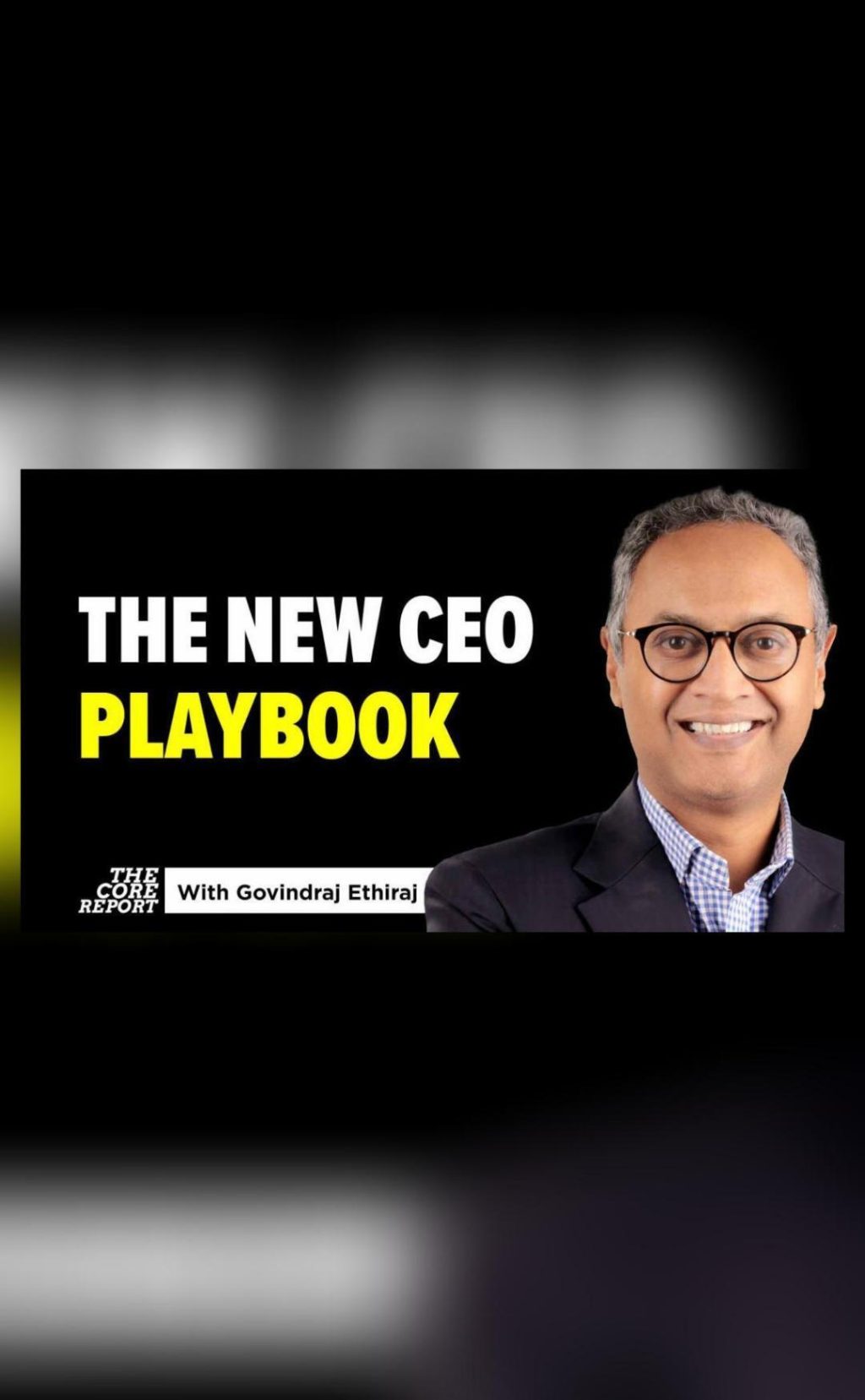
The New CEO Playbook: AI Pressures & Global Tariff Shocks
As the world becomes increasingly interconnected, CEOs are facing a complex web of challenges that are redefining the business landscape. The advent of Artificial Intelligence (AI) and the ongoing trade tensions have created a perfect storm of uncertainty, forcing CEOs to rethink their strategies, operations, and long-held business models.
In this blog post, we’ll delve into the pressing issues that CEOs are grappling with and provide insights on how they can navigate these uncharted waters.
Internal Pressure to Automate and Innovate
The rise of AI has brought about a significant shift in the way businesses operate. With the ability to automate tasks, streamline processes, and analyze vast amounts of data, AI has become an essential tool for companies looking to remain competitive. However, this newfound power has also created internal pressures on CEOs to integrate AI into their organizations.
According to a recent survey by Deloitte, 63% of CEOs believe that AI will have a significant impact on their organization, with 42% expecting AI to create new business opportunities. However, 74% of CEOs also reported that they are struggling to integrate AI into their existing operations, citing a lack of skilled workers and inadequate infrastructure as major barriers.
To overcome these challenges, CEOs must prioritize AI adoption and invest in upskilling their workforce. This may involve partnering with educational institutions to provide training programs, creating in-house AI development teams, or acquiring AI-powered solutions to augment their existing capabilities.
External Pressures: Tariff Shocks and Shifting Trade Policies
The ongoing trade tensions and tariff shocks have created a new layer of complexity for CEOs. With trade policies constantly shifting, companies are being forced to adapt to new regulations, tariffs, and quotas that can have a significant impact on their bottom line.
A recent report by the World Trade Organization (WTO) found that tariffs imposed by the United States on its trading partners have resulted in a 30% increase in global trade costs. This has led to a surge in trade tensions, with many countries retaliating with their own tariffs and trade restrictions.
To mitigate the impact of tariff shocks, CEOs must prioritize supply chain resilience and diversification. This may involve identifying alternative suppliers, exploring new markets, and investing in logistics and transportation infrastructure.
The Need for Localization and Adaptation
As global trade policies continue to evolve, companies are being pushed to localize their operations and adapt to new market conditions. This may involve investing in local manufacturing, creating regional hubs, or partnering with local businesses to tap into niche markets.
According to a report by McKinsey, companies that prioritize localization and adaptation are more likely to outperform their peers, with 75% of companies that have successfully localized their operations reporting higher revenue growth and profitability.
Rethinking Business Models
The AI-driven, tariff-shocked world is forcing CEOs to rethink their business models and challenge long-held assumptions. With no guarantee of stability, companies must be prepared to adapt and evolve to changing market conditions.
A recent survey by PwC found that 80% of CEOs believe that their business model will change significantly over the next 12 months, with 55% reporting that they are already making changes to their business model in response to AI and trade pressures.
To stay ahead of the curve, CEOs must prioritize innovation, experimentation, and continuous learning. This may involve investing in new technologies, exploring new markets, or partnering with startups and entrepreneurs to develop new business models.
Conclusion
The new CEO playbook is clear: AI pressures and global tariff shocks require business leaders to be agile, adaptable, and innovative. By prioritizing AI adoption, supply chain resilience, localization, and adaptation, CEOs can navigate the complex challenges of the modern business landscape and emerge stronger, more competitive, and more resilient.
As the world continues to evolve, one thing is certain: the CEOs who are best equipped to navigate the challenges of AI and tariff shocks will be those who are willing to rethink their strategies, operations, and business models.
Watch the video:






